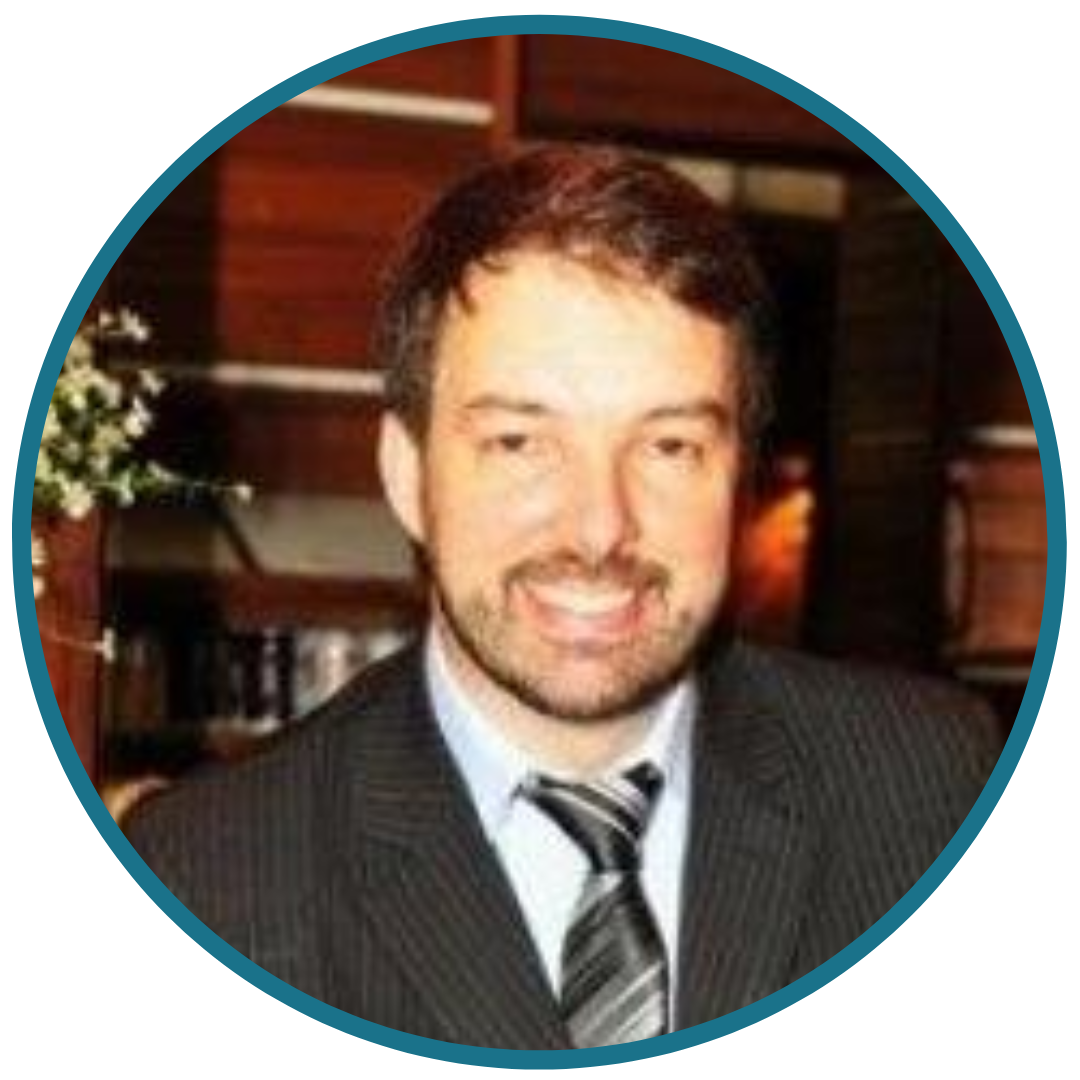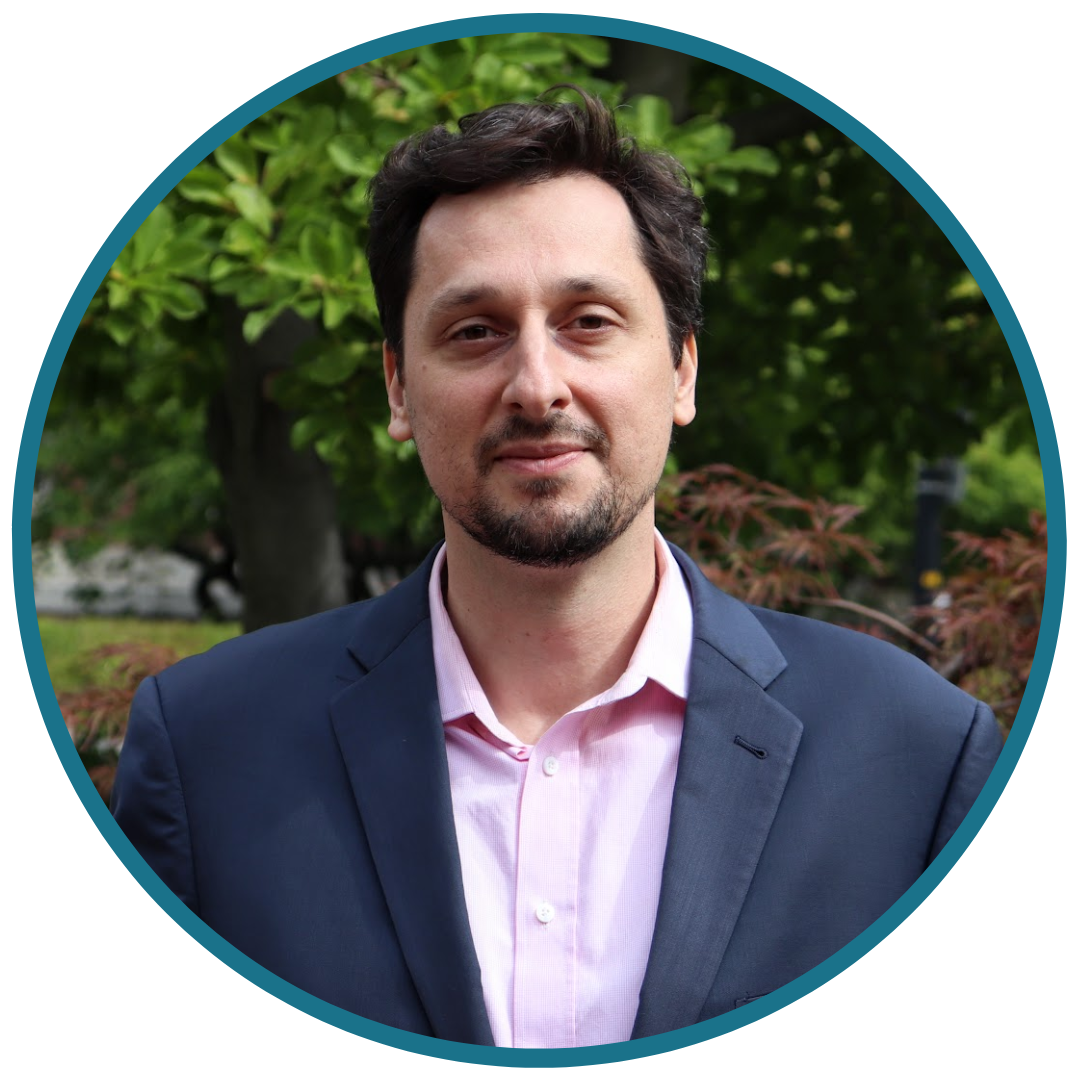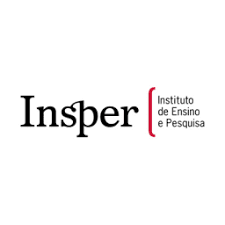Foundations of Modern Political Economy
The main purpose of this seminar is to understand the fundamental ideas that shaped our open societies, which are built – at least in theory - on the principles of market economy and constitutional democracy. The seminar will focus on the contemporary issues and challenges as well as on the perennial questions such as:
How do we define the concept of justice?
How should we harmonize the demands for freedom and equality in contemporary society?
Furthermore, we will examine how to deal with the growing pressures on the ideal of free speech, as well as address the relevant question of scope of the concept of meritocracy in the twenty-first century.
The seminar encourages free and civil discussion among participants. Students are expected to have completed required readings.
Readings will include Adam Smith, Friedrich Hayek, John Rawls, John Milton, James Madison, Jacob Mchangama, & Others.
Logistics
Location: The Seminar will take place from June 15-21, 2025 with in person sessions at Harvard University’s CGIS Knafel building. Housing will be provided off campus a short distance from the classrooms.
Meals: Breakfast and lunch will be provided daily at the Seminar and dinner will be provided on four separate nights.
Cost: A registration fee of $850 is requested for overhead purposes and represents a small fraction of the true cost of the program. Reading material will be made available free of charge to the accepted applicants at least a month before the seminar. Scholarships are available, please submit your request here.
Application
Who Should Apply?
The seminar is open to advanced undergraduate, graduate students, & young professionals who are working in an area related to the seminar's topic. Sessions begin at 9:00am. The seminar will be capped at twenty participants.
How to APply?
Complete this online application. After completion of the application you will be directed to upload the following:
Writing sample of up to 2,000 words.
CV or Resume.
The application deadline for the seminar is February 28, 2025. Applicants can expect to receive a decision by the middle of March 14, 2025. The payment deadline is March 21, 2025.
Seminar Faculty
Ferdando Luis Schuler, DPhil
Doctor in Philosophy and Master in Political Sciences from the Federal University of Rio Grande do Sul (UFRGS), with a Post-Doctorate from Columbia University, in New York. He is a full-time professor and researcher at Insper. He is a Specialist in Public Policy and Government Management from the National School of Public Administration (ENAP) and a Specialist in Cultural Management and Ibero-American Cooperation from the University of Barcelona (UB). He was Secretary of State for Justice and Social Development of Rio Grande do Sul and Director of the Iberê Camargo Foundation. He was a Faculty Research Program Fellow of the International Council for Canadian Studies, in Toronto, Canada. He is the creator and curator of the Fronteiras do Pensamento Project. He has experience in the field of political analysis, with an emphasis on public policy, history and political philosophy.
Danilo Petranovich, Ph. D.
Dr. Danilo Petranovich is the Director of the Abigail Adams Institute. He is responsible for the Institute's strategic planning. developing its intellectual mission and academic programming, cultivating faculty and student partners, and contributor outreach in the greater New England area. Dr. Petranovich received his BA from Harvard and his PhD in Political Science from Yale. He taught courses in political theory, social thought, and the humanities at Duke and at Yale. His expertise is in nineteenth century European and American political thought.
Questions
If you have any questions about the seminar or the application process please do not hesitate to send your queries to abigail@AAICambridge.org
This seminar is co-sponsored by Insper which exists to promote the transformation of Brazil through educating innovative leaders and applied research – acting with academic excellence and an integrated vision of knowledge that transcends traditional academic disciplines.




